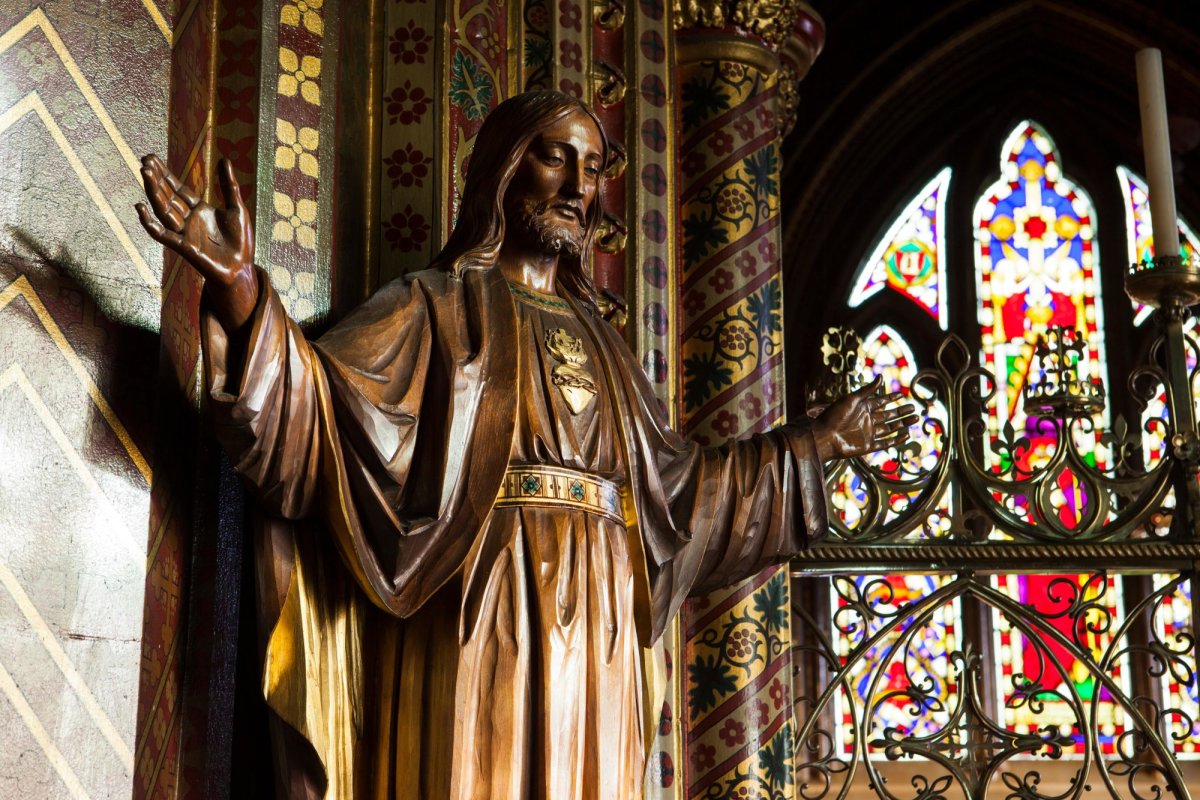Britain’s Loneliest Generation
Young adults in Britain, particularly those in Generation Z, are facing increasing feelings of loneliness, with almost one in 10 individuals aged between 16 and 29 reporting loneliness some or all of the time. This loneliness is exacerbated by the challenges of the modern world, including unaffordable housing, stagnant wages, and a general sense of instability.
The Decline of Church Attendance
Despite the potential for the church to provide a sense of community and purpose, there has been a significant decline in religious affiliation among young people. More than 50% of individuals in their 20s now identify as ‘non-religious’, leading to a disconnect from traditional institutions like the church.
The Role of the Church in Society
Churches have historically served as pillars of support for vulnerable individuals, offering services such as food banks, mental health counseling, and community care. However, with decreasing attendance and financial resources, the ability of the church to fill gaps in social welfare is diminishing.
The Impact of Social Media
Social media has further contributed to feelings of isolation and loneliness, with young people turning to online platforms for connection instead of engaging in real-life communities. This shift has raised concerns about the loss of meaningful face-to-face interactions and the erosion of traditional community values.
Adapting to Meet the Needs of Young People
To remain relevant and attract younger generations, the church must be willing to adapt and evolve. This includes addressing issues of inclusivity, such as the church’s stance on topics like same-sex relationships, and finding new ways to engage with and support young people in their search for purpose and identity.
The Future of the Church
As society grapples with increasing divisions and challenges, the future of the church remains uncertain. Efforts to revitalize church attendance and relevance, such as strategic funding initiatives, have had mixed success. It is clear that the church must undergo significant changes to remain a relevant and impactful institution in the modern world.
















































